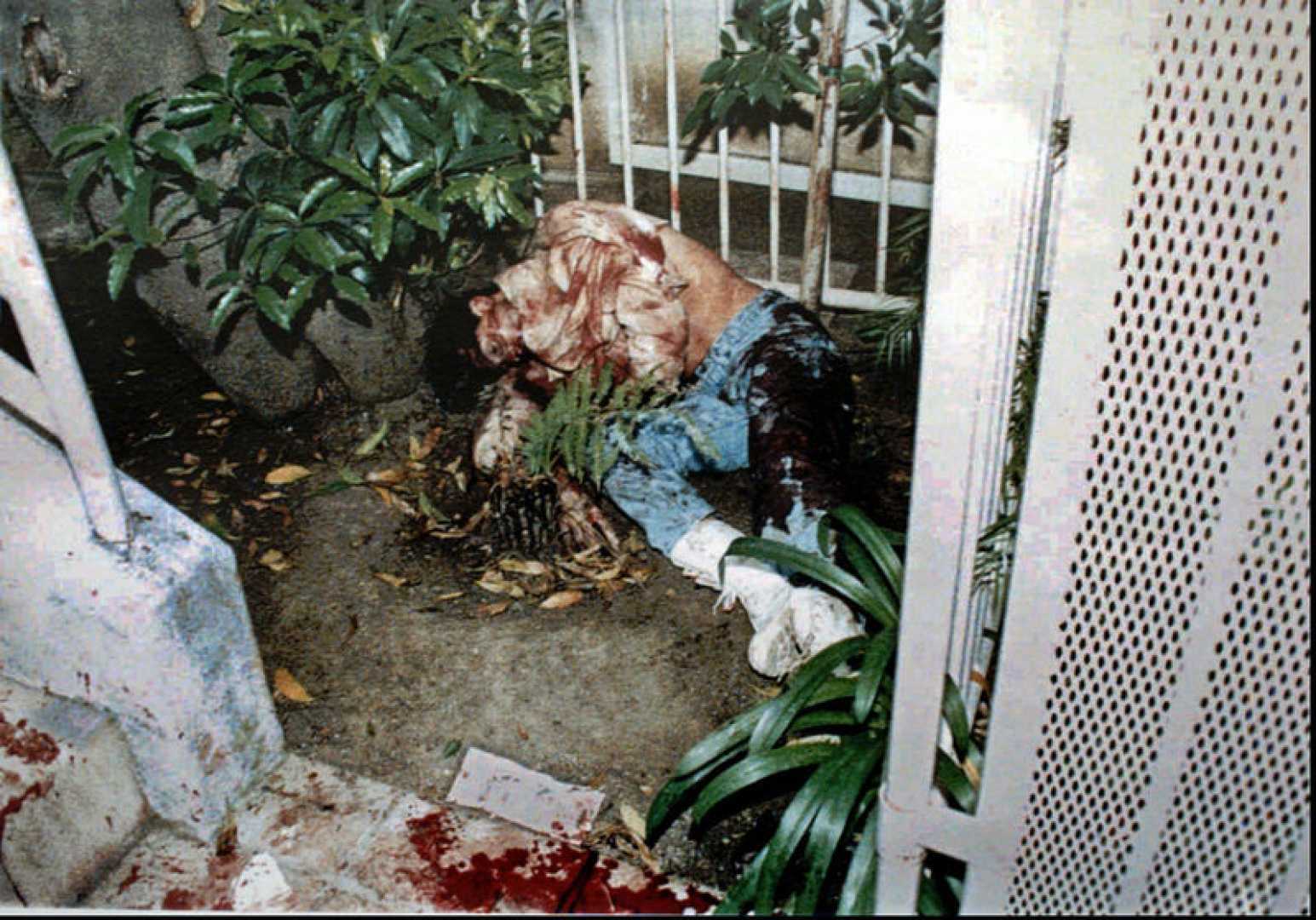News
New Theory Emerges on OJ Simpson’s Role in 1994 Double Murder

LOS ANGELES, Calif. — A new theory challenging the widely accepted narrative of the 1994 double murder involving O.J. Simpson has surfaced on the *Mania* podcast, hosted by Daniel and Amanda Negreanu. Guest Alex Tomé, a childhood friend of Amanda Negreanu, presented a detailed analysis suggesting Simpson may have been framed for the murders of Nicole Brown Simpson and Ronald Goldman.
Tomé, who has researched the case for over two decades, argued that key evidence, including blood samples containing ethylenediaminetetraacetic acid (EDTA), a preservative not naturally found in blood, may have been planted. “The evidence points to innocence,” Tomé claimed during the podcast, which aired on Jan. 14, 2025. He also criticized the handling of the crime scene, alleging that inexperienced interns collected crucial evidence.
The murders, which occurred on June 12, 1994, outside Nicole Brown Simpson’s Los Angeles home, shocked the nation. Simpson, a former NFL star and actor, was acquitted in 1995 but later found liable in a civil trial. Tomé’s theory hinges on the possibility that drug-related debts involving Nicole’s friend, Faye Resnick, may have played a role in the killings. He suggested that Simpson arrived at the scene to protect Nicole but fled in panic after witnessing the brutal stabbings.
Tomé also addressed Simpson’s infamous low-speed chase in a white Ford Bronco, arguing that Simpson’s actions were driven by fear rather than guilt. “He didn’t commit the crime, but being there was bad in so many ways,” Tomé said. He further claimed that Simpson’s planned trip to Chicago, often cited as suspicious, was a prearranged obligation with Hertz, the car rental company he endorsed.
Despite Tomé’s assertions, the case remains one of the most divisive in U.S. legal history. Simpson, who always maintained his innocence, died in April 2024. The *Mania* podcast episode has reignited debate over the case, with Tomé urging listeners to reconsider the evidence. “The truth is more complicated than people think,” he concluded.












